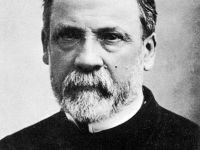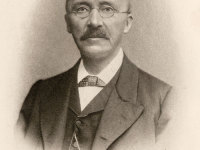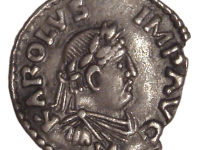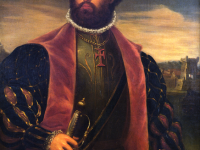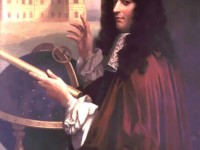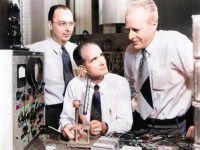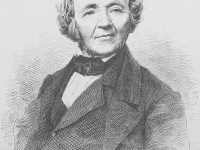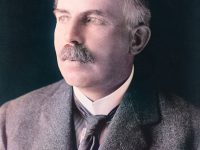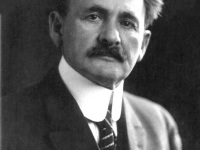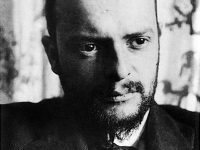Louis Pasteur – the Father of Medical Microbiology
On December 27, 1822, French chemist Louis Pasteurwas born, who is considered one of the most important founders of medical microbiology. He is remembered for his remarkable breakthroughs in the causes and prevention of diseases. “I am utterly convinced that Science and Peace will triumph over Ignorance and War, that nations will eventually unite not to destroy but to edify, and that the future will belong to those who have done the…
Read more











